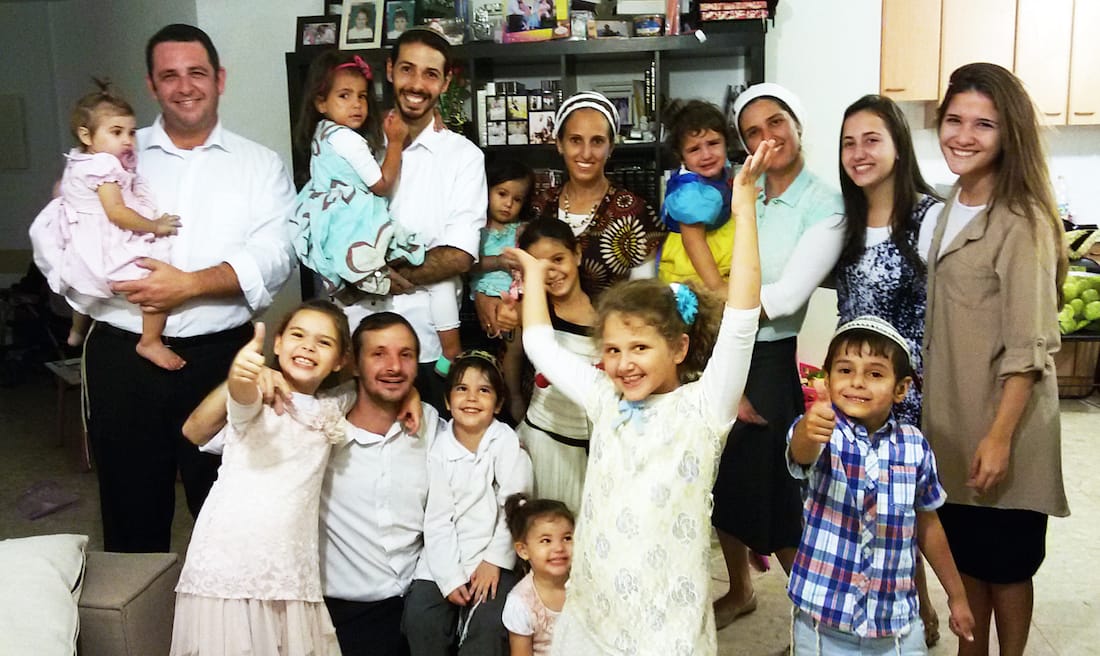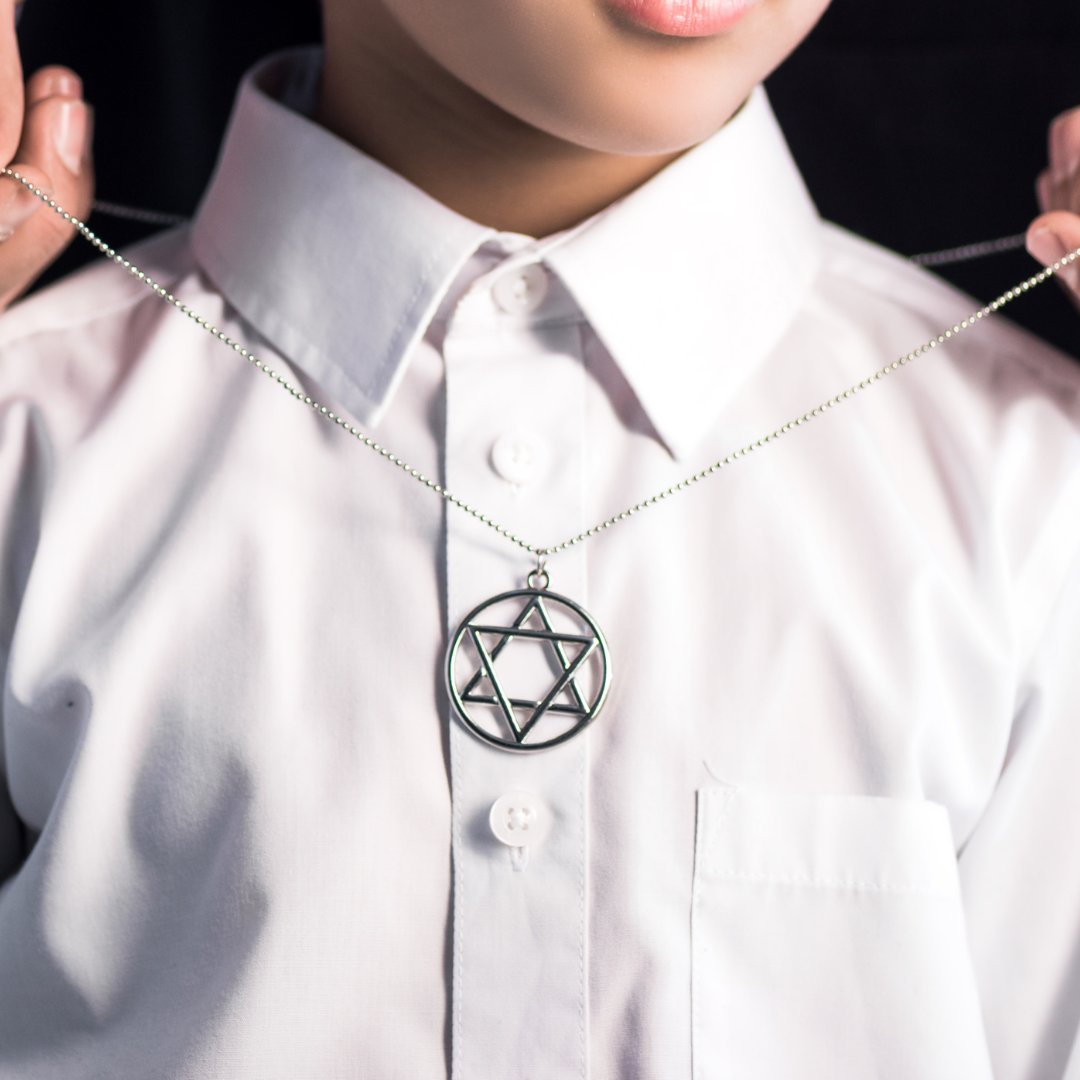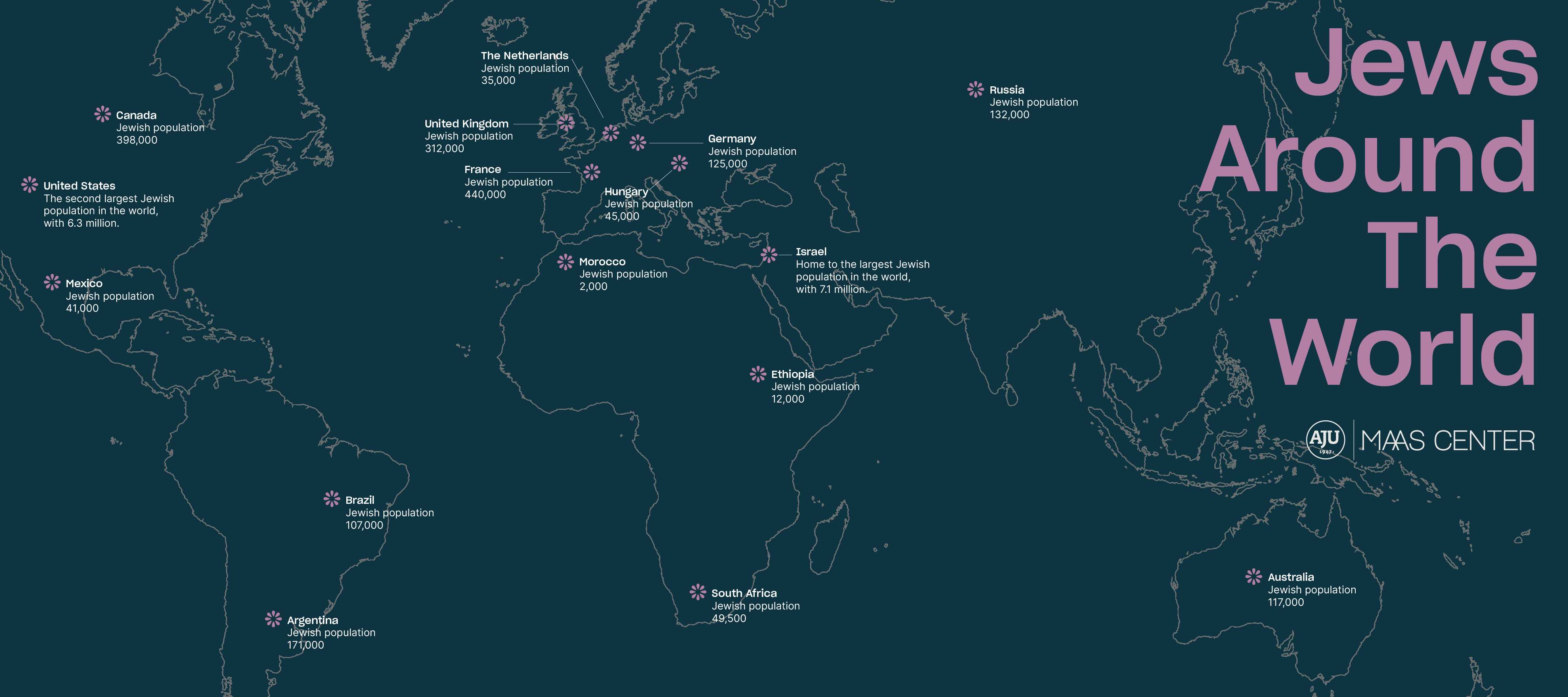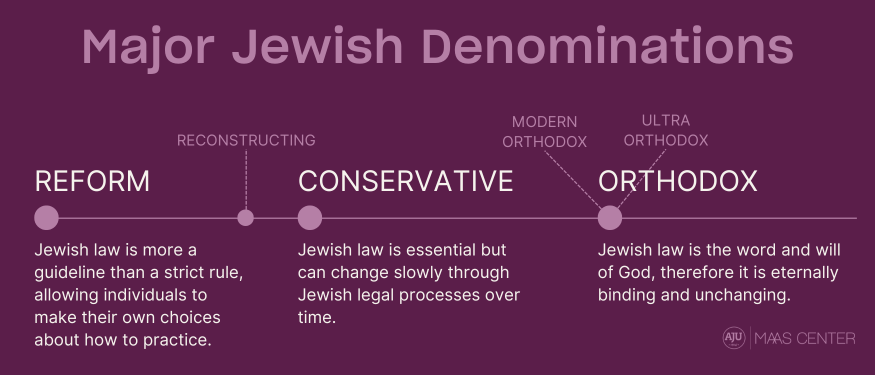Jewish Origins, Heritage, and Belonging
So I have Jewish DNA. Now what?
Jewish identity is deeply rooted in ancestry, cultural traditions, and religious practices. From the ancient Israelites to the diverse Jewish communities worldwide, Jewish heritage connects individuals to a vibrant legacy.
On this page, we explore the journey of discovering Jewish ancestry, the significance of Jewish heritage through DNA testing, and how Jewish lineage continues to shape the culture and religion today.
Whether exploring Jewish roots or seeking guidance on connecting with the Jewish community, this is a space for embracing your unique place within the broader Jewish story.
You’ve got Jewish questions, we’ve got Jewish answers.

Where do Jews come from?
Jews originate from the ancient Israelites, a Semitic people who lived in the land of Israel (historically known as Canaan) over 3,000 years ago. The Jewish identity evolved through shared language, history, culture, and religion.
In 70 CE, following the destruction of the Second Temple in Jerusalem by the Romans, Jews were expelled from their land and dispersed, leading to a long history of migration and diaspora.
Jewish communities have been formed worldwide throughout the centuries, including in the Middle East, North Africa, South Africa, Europe, Asia, Australia, and the Americas. These migrations influenced Jewish customs, languages (such as Yiddish, Ladino, Judeo-Farsi, and Judeo-Arabic), and traditions, creating diverse Jewish cultural expressions.
Despite being scattered across the globe, Jewish communities have maintained a sense of peoplehood and shared identity, which has endured for thousands of years.

Why do I see Jewish heritage in my DNA results?
Your DNA results may indicate a connection to Jewish ancestry, reflecting ties to distinct Jewish communities that thrived in specific regions for centuries. These communities are usually categorized as:
Ashkenazi (Eastern Europe)
Sephardi (Spain, Turkey, North Africa, and the Middle East)
Mizrahi (Middle East and North Africa)
Each group developed unique genetic markers over time due to historical migrations and geographic separation.
This discovery connects you to a rich, resilient peoplehood and vibrant cultural legacy. It’s more than just genetics—it links to stories, traditions, and values that have endured for generations.

*The population statistics on this map represent some of the largest Jewish communities around the world.
Can I call myself Jewish?
Jewish identity is rooted in ancestry, cultural traditions, and religious practices. For some, ancestry alone defines their connection to Judaism. Others see it as a blend of cultural engagement, religious observance, and familial heritage.
Being Jewish religiously is a distinct path that often involves meeting specific requirements, such as matrilineal descent, conversion, or adherence to Jewish law, depending on the denomination.
Understanding matrilineal and patrilineal descent.
A significant aspect of Jewish identity involves how descent is determined. According to tradition and Jewish law (halacha), a person is considered Jewish if born to a Jewish mother: a concept referred to as matrilineal descent. This traditional view is recognized by most Jewish communities worldwide; including Sephardi, Mizrachi, Ashkenazi Orthodox and Ashkenazi Conservative communities.
By contrast, some progressive Jewish denominations, such as Reform Judaism and some Reconstructing communities, (also referred to as Reconstructionist), may also recognize someone as Jewish if born to a Jewish father, patrilineal descent. This means they consider people Jewish if either their father or their mother is Jewish, provided they are raised with a strong Jewish identity. These differing perspectives reflect the diversity within Judaism and highlight how various denominations approach questions of heritage and belonging.
Whatever your ancestry says, you are welcome here. This space is about embracing curiosity and finding your unique place in the Jewish story. If you have more questions about the technicalities, please feel free to reach out to us: MaasCenter@aju.edu.

Want to learn more?
Subscribe to get notified about future offerings from The Origin Story.
